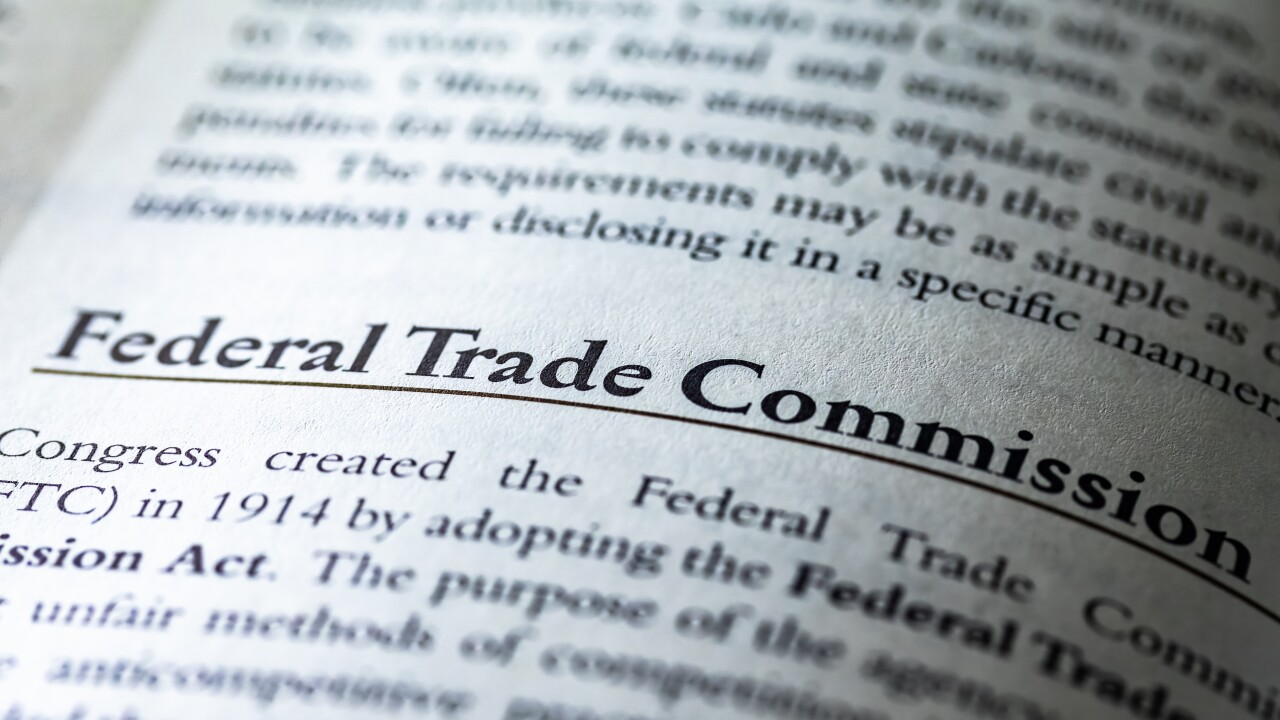DeLeon Realty used to shuttle Chinese investors on home tours around Silicon Valley in a 14-seat Mercedes van.
But when the flow of Asian investors slowed about two years ago, the Palo Alto brokerage replaced the van with a couple of sedans — a Bentley and a Maybach — to cater to a new, smaller class of wealthier clients.
"We sold the bus," said DeLeon CEO Michael Repka. "By that time, we had already seen the shift."
As Bay Area real estate prices continue a record-breaking six-year run, foreign money is playing a smaller role in driving up home prices.
Foreign investment in California residential real estate slid during the past five years, from about 8% of total purchases in 2013 to 3% last year, according to a survey by the California Association of Realtors.
Local real estate agents say the Bay Area remains a favorite destination — thanks to good weather, schools and several international airports — although it's no longer a bargain even for investment-seeking internationals. The same high prices and lack of supply that have discouraged local house hunters have pushed international buyers away.
The boom in foreign investment started around 2009, during the recession and the mortgage lending crisis. Home prices fell, and investors snapped up deals.

"A lot of international buyers were interested" in properties across the state, said Oscar Wei, senior economist for the California Association of Realtors. "It was a bargain."
Not anymore.
The number of Chinese buyers, typically the most active group of foreign investors, has dropped as a share of foreign purchasers in the state, from about half of foreign transactions in 2015 to about one-third last year, according to the California Realtors report.
The data is drawn from an annual survey of real estate agents and transactions. Foreign purchasers are generally not required to disclose country of origin.
The survey also suggested foreign investors are seeking opportunities outside the Bay Area. In 2015, about one-third of all foreign home property purchases in the state were in the Bay Area. Last year, the share dipped to 17%.
At the same time, the median price of the purchases by international investors in the state dropped from $812,500 in 2015 to $667,500 last year. Homebuyers from overseas are looking outside the hot markets into more affordable regions like Riverside in Southern California and the Central Valley, Wei said.
The Bay Area has seen the median sales price double since April 2012, according to real estate data firm CoreLogic.
Local agents also attribute some of the slowdown in investment to Chinese laws restricting the amount of currency that can be transferred out of the country. Chinese citizens have to be creative to get around a $50,000 annual, per-person limit on transfers to foreign accounts. For example, some might use friends, work colleagues or employees as proxies to bring money to the U.S.
Michi Olson, a vice president at Alain Pinel, has spent 10 years visiting China and selling the luxury end of the Silicon Valley market. Olson said she has not noticed a slowdown in clients, and is still seeing a "steady flow" of customers from China.
Although Bay Area housing prices are among the highest in the nation, she said, "I go over all the wonderful lifestyle that we have." Properties can be used as a status symbol, a home for the families of international business persons, or for a recent graduate living away from their parents.
Olson said the U.S. — and the Bay Area in particular — is popular with Chinese investors as a safe investment haven. Olson has noticed more families shopping for their adult children working in Silicon Valley.
The region now faces more competition from other, cheaper areas. In the last four years, Olson said, agents from other cities, including Seattle and Atlanta, have asked for training to help attract more Chinese buyers.
"You have to earn that trust," she said.
Tony Ngai, an agent with Maxreal Cupertino, recently completed a training program on selling to international buyers, sponsored by the Silicon Valley Association of Realtors in Cupertino, to boost his client base in new markets, he said.
Foreign buyers depend on trust, word of mouth and often a specific list of must-have items, such as top rated schools or specific neighborhoods. He's closed a few deals in the Bay Area for Chinese buyers — once, a client was waiting for takeoff on a plane while they emailed signed documents back and forth.
Repka said Deleon's typical out-of-country client looks at homes starting at $5 million in Palo Alto, Atherton and Los Altos Hills. The agency also scouts Bay Area properties for its wealthy clients in its own private plane.
About 40 percent of its clients are Chinese, he said, the greatest portion of its international buyers.
Despite the high prices, California remains a desirable destination for workers and families coming from other countries, Wei said. It's the second most popular state for foreign buyers, behind Florida and tied with Texas.
And local brokers haven't noticed any effect from President Donald Trump's hard line on immigration and Chinese trade.
"It hasn't yet," said Repka. "It's certainly something I'm watching."





